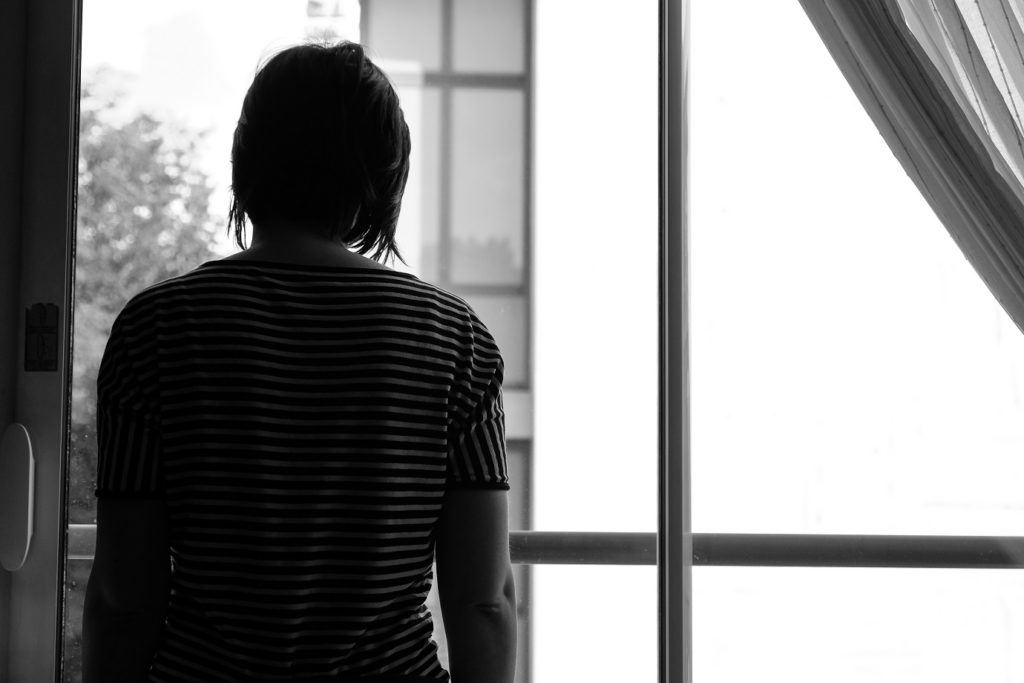Twenty per cent of family violence survivors are missing out on crisis accommodation in Victoria due to a lack of housing and resources, according to a new report this week.
The problem stems from years of underinvestment in social housing and resources, setting up a crisis in emergency accommodation for women and children leaving violence.
And the figures listed by the Bridging the Gap Between Homelessness and Family Violence Services report highlight, again, the need to urgently fund social housing and specialist homelessness and family violence services, to ensure no individual is left without the support they need.
The report also comes as he number of people seeking assistance for homelessness services is up overall in Victoria, rising by four per cent over the previous year to 102,000 in 2023-24, with 58 per cent of them being women.
For one in five women and children leaving family violence, they are left with no crisis bed at all, after being “ping-ponged” between family-violence and homelessness services.
This mean one in five are receiving the two referrals but no accommodation. They are effectively “knocking on two different doors,” as Deborah Di Natale put it, the CEO of Council to Homeless Persons.
Di Natale noted that a “bottleneck” in crisis accommodation has occurred across the state, due to years of underinvestment in social housing. “And for too many women, that can be a matter of life and death,” she said.
Safe and Equal teamed up with Council to Homeless Persons for the report, with domestic and family violence being the single biggest driver of homelessness in Victoria. The state has the lowest proportion of social housing in the country (currently at 2.9 per cent) despite one third of people in Australia who are seeking homelessness assistance living in Victoria.
More than half of all women, young people and children who visited a specialist homelessness service in 2022-23 reported they were experiencing family violence, according to data shared in the report.
To meet demand, the report recommends that the Victorian Government commit to building around 8000 new social homes every year for the next decade, while also increasing funding for frontline staff across specialist homeless services and family violence services. It also recommends a doubling of capacity in family violence refuges to reduce reliance on motels for emergency accommodation, as well as boosting investment in Safe At Home responses to take the burden of victim-survivors by finding alternative accommodation for the person accused of violence.
Tania Farha, CEO of Safe and Equal, said stretched systems severely limit options for victim-survivors.
Without affordable housing, it can be nearly impossible for victim-survivors to leave a violent relationship and rebuild their lives safely.


